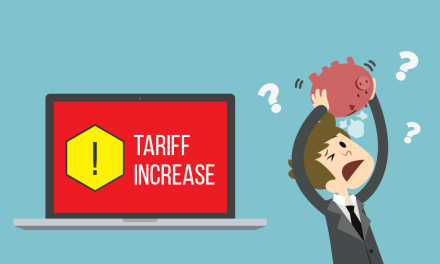In Zimbabwe, the sight of vendors fills many store owners with dread. It is a testament to the power of selling outside a physical store that bigger and established retailers not only consider vendors to be competition but have also come to regard it as ‘unfair’ competition. Several manufacturers of dairy products discovered a long time ago that they do not have to limit themselves to selling their wares in stores. These companies deploy several dozens of hawkers onto our roads and streets almost every day of the summer. Carts pushed by men and women in brightly coloured clothing are such an old and common sight in our towns and cities that it is a wonder why the effectiveness of selling products outside stores, closer to customers is not being appreciated and adopted by even more formal businesses.
The use of salespeople in residential neighbourhoods and streets is already being heartily embraced by companies in service industries such as banks, insurance firms and mobile network operators not just as a marketing tactic but in order to sign up even more clients. Unfortunately, this practice has been embraced by a few manufacturers and retailers. Most manufacturers are still content to only push their products down the supply chain to retailers who in turn try to passively lure customers into their stores. Meanwhile enterprising individuals not only setting up shop right at these shops’ doorsteps but also go to their customers’ homes to sell. As the economy worsens more and more products that are traditionally sold in stores are being sold in sidewalks at prices that are not only comparable to store ones but are sometimes even lower.
Unbridled by pesky overhead costs that plague most retailers, these hoards of informal traders are formidable competitors to retailers whether they sell solar panels, clothes or groceries. However as the old adage goes, “if you can’t beat them, join them”. These vendors (and their kin from all over the world) prove that selling outside stores holds several advantages over selling inside one. Individuals who want to venture into the retail industry should, therefore, consider borrowing a leaf from these people and deploying multitudes of their own salespeople onto streets and residential instead of leasing stores.
You can avoid steep rentals
In retail, location matters and this is usually reflected in the rentals that are demanded for store spaces. In general, better locations require higher rentals. By deploying salespeople to sell products directly to consumers in public and residential areas you can get large sales volumes without paying a premium for store rentals. With proper planning, your volumes can be comparable to or even greater than those of stores selling similar products in more expensive physical locations.
Since this business model does away with the need for a flashy physical retail location you are then able to rent much cheaper spaces such as those on the outskirts of town, industrial or even residential areas. You can even run such an operation from your home.
Avoiding shop related expenses
Running a shop comes with a lot more expenses than just the rent. To begin with you not only need a shop license but also furniture such as shelving and counters. A shop also needs signage and other decorations. By using salespeople your physical base’s function will be limited to that of administration and storage.
It is unusual enough to be successful
Like most businesses activities that rely on somewhat intrusive marketing practices, the success of this model ultimately depends on there being a sufficiently limited number of parties doing it otherwise it will end up being regarded as a nuisance and suffering a public backlash. In Zimbabwe, with the exception of debt collectors, very few businesses actually go knocking from door-to-door so you will have an advantage over your competitors who will be sitting in stores hoping and waiting for customers to step in.
You may have difficulty finding, managing and keeping your salespeople
Some businesses find that using door-to-door and street salespeople is tricky. This business model ultimately depends on you being able to trust these people, after all, you will be giving them a sizeable chunk of your inventory every day and hoping that they do not damage or abscond with it. Even more challenging is finding a scheme of compensation that while incentivising them to sale to the best of their abilities (and discouraging them from sitting out the whole day loitering or doing unrelated activities) is not so strict and inflexible that you end up having such a high employee turnover that your business will perpetually be staffed by inexperienced sales teams.
Your range of products will be limited
The use of travelling sales personnel requires that you account for their covering large distances on foot every day. This will, of course, limit the nature of the products that they sell since they can only carry a limited number. This will generally point to lighter but more expensive items.








